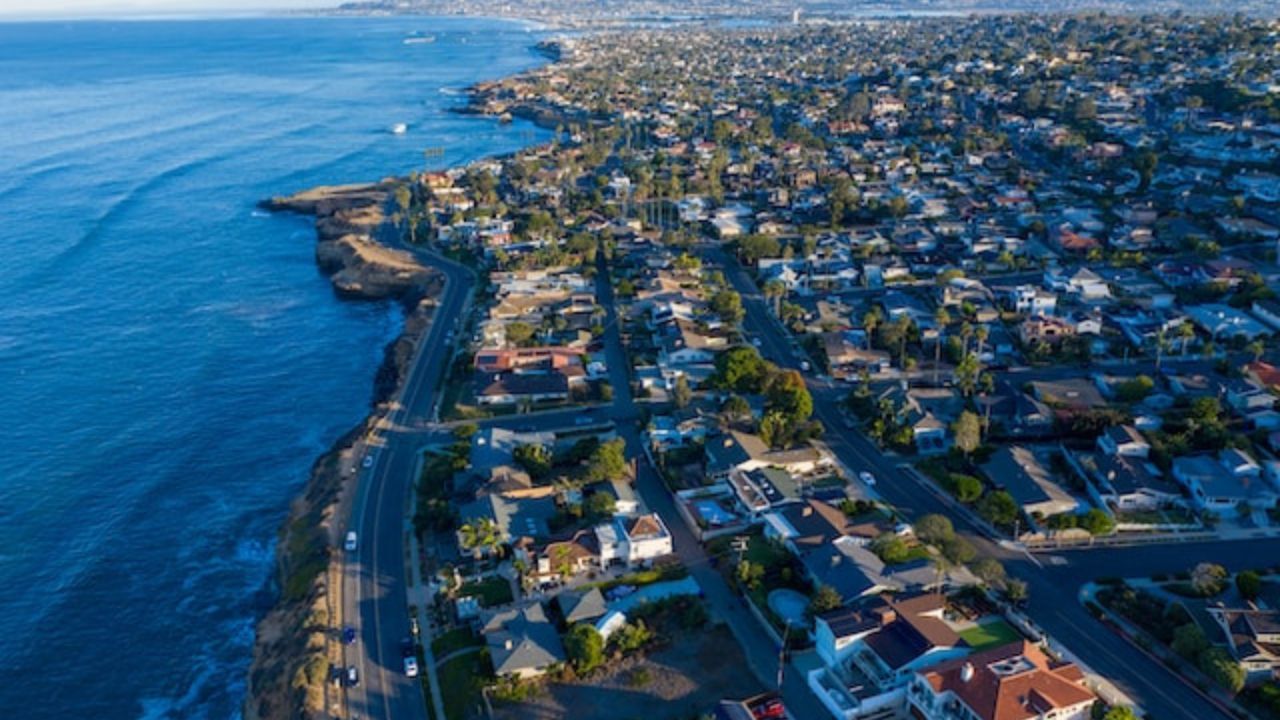Off grid living in Russia: Imagine a life unbound by city limits, a life deeply connected to the raw, untamed beauty of the Russian wilderness. This isn’t a romanticized fantasy; it’s a reality for a growing number of individuals seeking self-sufficiency and a profound connection with nature. From the icy plains of Siberia to the sun-drenched slopes of the Caucasus, Russia offers a diverse landscape ripe for exploration and the challenges inherent in creating a sustainable off-grid existence.
This journey delves into the practicalities, legalities, and unique cultural aspects of forging a life beyond the grid in this vast and compelling nation.
This exploration will cover the vast geographical differences across Russia, impacting everything from resource availability to the legal frameworks you’ll need to navigate. We’ll examine the essential infrastructure requirements, from water sourcing and energy generation to waste management and food production. Furthermore, we’ll uncover the social dynamics of off-grid communities, the technological adaptations necessary for survival in Russia’s extreme climate, and showcase inspiring examples of those already thriving in this unique lifestyle.
Geographic Considerations of Off-Grid Living in Russia
Russia’s vast expanse presents a diverse range of environments, each offering unique opportunities and challenges for off-grid living. From the frozen landscapes of Siberia to the mountainous regions of the Caucasus and the temperate forests of the European part of the country, the suitability of a location hinges critically on climate, resource availability, and legal frameworks. Careful consideration of these factors is paramount for successful and sustainable off-grid existence.
Climate Variations and Their Impact, Off grid living in russia
Russia’s climate is profoundly diverse, ranging from Arctic conditions in the north to subtropical climates in the southernmost regions. Siberia, for example, experiences extreme cold, with long, harsh winters and short, cool summers. This necessitates robust insulation in dwellings and alternative energy solutions capable of withstanding freezing temperatures. Conversely, the Caucasus mountains, while experiencing cold winters, benefit from warmer, sunnier summers, providing opportunities for solar power generation and potentially easier access to water sources due to snowmelt.
The Russian Far East features a monsoon climate with significant rainfall, influencing choices regarding water collection and building materials. These climatic variations directly impact the viability of different off-grid strategies.
Regional Comparisons: Siberia, the Caucasus, and the Russian Far East
Siberia, renowned for its vast taiga forests, offers abundant timber for construction and fuel. However, the extreme cold and remoteness pose significant challenges. Access to water can be limited depending on the location, requiring careful consideration of water storage and purification. The Caucasus, with its varied topography, provides opportunities for hydro-power generation and potentially fertile land for agriculture.
However, navigating the mountainous terrain and securing necessary permits can be complex. The Russian Far East, with its rich biodiversity and substantial rainfall, offers potential for sustainable agriculture and water harvesting. However, the region’s remoteness and potential for seismic activity demand careful planning and preparation.
Resource Availability Across Regions
The availability of crucial resources such as water, timber, and arable land varies significantly across Russia. Siberia’s vast forests provide ample timber, but access to clean water sources can be challenging. The Caucasus offers a more balanced resource profile, with potential for both water and agricultural resources, but timber may be less abundant in certain areas. The Russian Far East has a unique resource profile, depending on specific locations, but generally possesses plentiful water and potential for agriculture, but may be limited in easily accessible timber in some areas.
A thorough assessment of local resources is crucial for developing a sustainable off-grid strategy.
Comparative Analysis of Off-Grid Living in Three Regions
| Region | Resource Availability | Climate Challenges | Legal Considerations |
|---|---|---|---|
| Siberia | Abundant timber, potentially limited water access | Extreme cold, long winters, short summers | Remote locations may pose challenges for obtaining permits and navigating bureaucratic processes. |
| Caucasus | Varied resources, potential for water and agriculture, potentially less timber in some areas | Cold winters, but warmer summers; mountainous terrain | Navigating land ownership and obtaining necessary permits in mountainous regions can be complex. |
| Russian Far East | Plentiful water, potential for agriculture, variable timber availability | Monsoon climate, potential for seismic activity | Remoteness and potential for bureaucratic hurdles in obtaining necessary permissions. |
Embarking on off-grid living in Russia is a monumental undertaking, demanding resilience, resourcefulness, and a deep respect for the environment. While challenges abound – from navigating complex legal landscapes to adapting to extreme weather – the rewards are equally profound: unparalleled self-sufficiency, a profound connection with nature, and the satisfaction of building a life on your own terms. This exploration has only scratched the surface of this compelling lifestyle; further research and careful planning are essential before taking the leap.
But for those drawn to the allure of independence and a life lived close to the earth, the Russian wilderness presents an unparalleled opportunity.
Common Queries: Off Grid Living In Russia
What are the common health concerns for off-grid living in Russia?
Access to healthcare is limited in remote areas. Common concerns include exposure to extreme weather, potential for injuries due to remote location, and limited access to medical supplies. Prior medical preparation and robust first-aid skills are essential.
How do I obtain land for off-grid living in Russia?
Land acquisition laws vary by region. Researching regional regulations and potentially engaging a lawyer specializing in Russian property law is crucial. Options may include leasing or purchasing land, depending on local laws and availability.
What about communication and internet access?
Reliable internet access is often unavailable in remote areas. Satellite phones and internet services are options, but can be expensive. Plan for limited connectivity and explore alternative communication methods.
What are the biggest security concerns?
Remote locations can present security risks, including wildlife encounters and potential for theft. Appropriate safety measures, including self-defense training and secure property design, are vital.
Explore the different advantages of off grid living arkansas that can change the way you view this issue.


